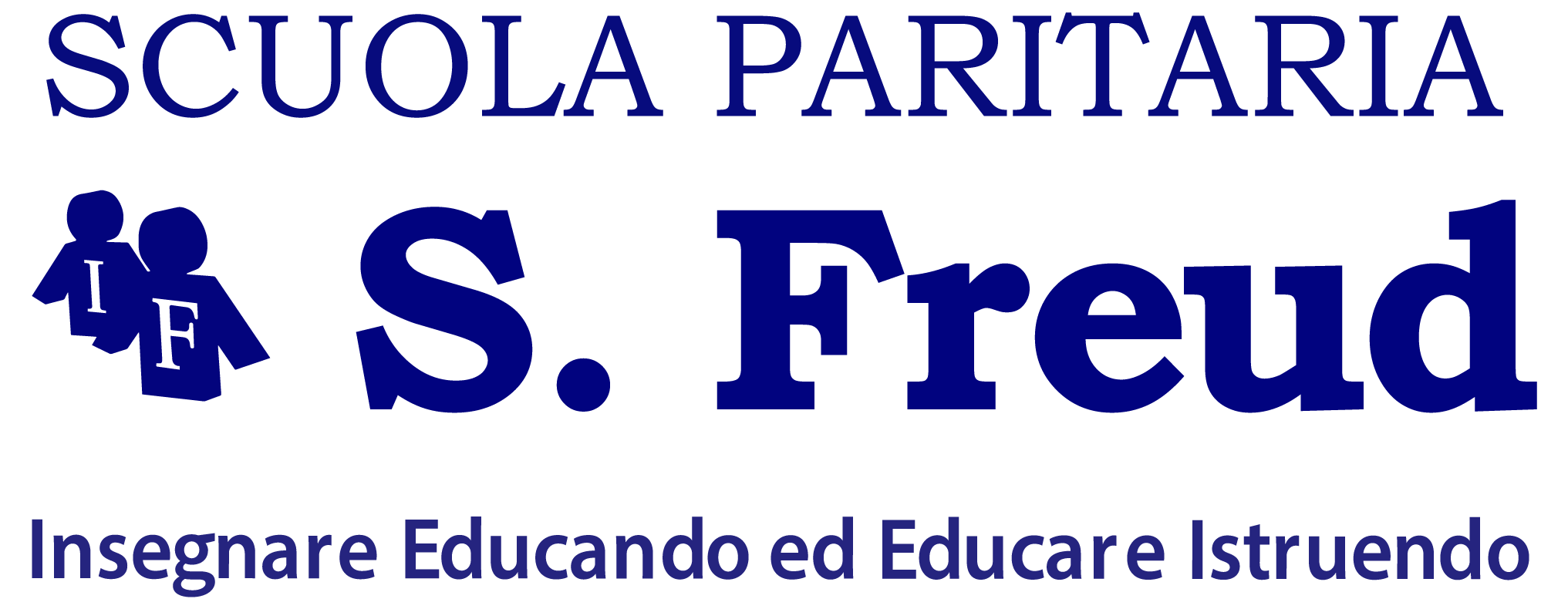
Orientamento scolastico individualizzato

Orientamento scolastico individualizzato
HUMAN SCIENCES - OUTLINES AND SKILLS
At the end of the high school course, the student is oriented with the languages proper to culture in the multiple dimensions through which man is constituted as a person and as a subject of reciprocity and relationships: the experience of self and other, interpersonal relationships, forms of social life and care for the common good, institutional relationships in the social sphere, relationships with the world of ideals and values. The multidisciplinary teaching of the humanities, to be provided in close contact with economics and law, mathematics, geography, philosophy, history, and literature, provides the student with useful skills:
1) to understand the dynamics inherent in social reality, with particular attention to the world of work, personal services, intercultural phenomena and the contexts of coexistence and the construction of citizenship;
2) to understand the socio-political and economic transformations induced by the phenomenon of globalization, issues related to the management of multiculturalism, and the socio-political and economic significance of the so-called "third sector";
3) to develop adequate cultural awareness with respect to psychosocial dynamics.
4) to master the principles, methods and techniques of research in the socio-economic field.
SPECIFIC LEARNING OBJECTIVES
PSYCHOLOGY
FIRST TWO YEARS
The student understands the specificity of psychology as a scientific discipline and knows the main aspects of mental functioning, both in its basic characteristics and in its developmental and social dimensions. The student grasps the difference between scientific and common-sense psychology, emphasizing the demands of empirical verifiability and theoretical systematicity to which the former seeks to conform.
In particular, during the first two years, the following are examined:
(a) the different aspects of workplace relations both from a theoretical point of view (social psychology, psychoanalytically derived theories, humanist psychology, systemic) with particular
29
reference to the relationship between the person and the context (verbal and nonverbal communication, prejudices, stereotypes, attitudes, motivations to work, roles, work contexts and types of relationships, emotions );
(b) social processes of influence, cooperation, conflict and negotiation in the workplace, group work dynamics and work group;
(c) concepts and theories related to learning (behaviorism, cognitivism, constructivism, socio-constructivism, intelligence, language and individual differences and learning, thinking styles and learning, motivation and learning).
A special module is devoted to the topic of study method, both from a theoretical perspective (metacognition: study strategies, image and beliefs about disciplines, self-image and study method, emotions and study method, learning environments and study method) and from the perspective of student experience.
ANTHROPOLOGY
SECOND TWO YEARS.
The student acquires the fundamentals related to the significance of culture for mankind, understands cultural diversities and the reasons behind them also in connection with their arrangement in geographical space.
In particular, they are addressed in correlation with historical studies and other humanities and making use of the skills attained in the field of geography:
(a) the different anthropological theories and the different ways of understanding the concept of culture underlying them;
(b) the different cultures and their multifacetedness and specificity with regard to adaptation to the environment, modes of knowledge, self-image and image of others, forms of family and kinship, religious and ritual dimensions, organization of economy and political life;
(c) the major world cultures-religions and the particular rationalization of the world that each of them produces;
SOCIOLOGY
SECOND TWO-YEAR PERIOD
In correlation with historical studies and other humanities in sociology, the student addresses the following content:
(a) the historical and cultural context in which sociology was born: the industrial revolution and the scientific-technological revolution;
30
(b) some fundamental problems/concepts of sociology: the institution, status and role, socialization, social systems, social mobility, communication, mass media, secularization, deviance, critique of mass society;
(c) the different sociological theories and the different ways of understanding individual and society underlying them.
Theories and themes can be illustrated by reading significant pages from the works of the major classics of sociology such as Comte, Marx, Durkheim, Weber, Pareto, Parsons.
FIFTH YEAR.
During the fifth year the student examines the following topics:
(a) the socio-cultural and economic context in which the Western model of the welfare state was born and developed;
(b) the socio-political and economic transformations induced by the phenomenon of globalization, issues related to the management of multiculturalism, and the socio-political and economic significance of the so-called "third sector."
(c) the essentials of sociological inquiry "in the field," with particular reference to the application of sociology to the field of labor and public policy.
For each of these topics, significant pages from classic and contemporary authors will be read.
RESEARCH METHODOLOGY
FIRST TWO YEARS (SECOND YEAR)
During the second year the student tackles the basic elements of descriptive statistics: a) sampling;
(b) variables;
(c) diagrams.
He/she performs statistical processing exercises related to different types of distributions of variables and crossings between them.
SECOND TWO YEARS.
The student gradually matures some basic skills in the area of different research methodologies and more specifically:
(a) gets a grip on the principles, methods and models of research in the field of econonomic-social and anthropological sciences of both quantitative and qualitative types with particular
reference to data processing, intersection of variables and construction of representative models; in particular, learns to formulate appropriate interpretative hypotheses to be related to data processing and representative models;
(b) acquires the main techniques of data collection and the criteria of validity and reliability of the survey process.
FIFTH YEAR.
Closely related to the skills acquired in sociology and economics, the student is required to:
(a) know how to interpret the results of research and documentary reports;
(b) to know how to construct data collection strategies useful for studying phenomena, investigating problems in depth, and developing interpretative hypotheses that in turn can support the search for experimental interventions regarding particular economic and social situations;
(c) organize the various stages of research work with methodological rigor;
(d) be able to cooperate with experts from other disciplines in carrying out multidisciplinary research activities in the socio-economic area.
TALK WITH US

